Drinking Matcha Green Tea For Gut Health
You’ve probably heard a lot about matcha lately. It’s everywhere – in your favorite smoothie, dessert, and even in beauty products. I know you have seen the latest trends of boba matcha teas as well as matcha lattes. But today, I want to talk about something a bit different: Does matcha make you poop? Let’s break down how drinking matcha green tea affects your bowel movements and an incredible source for digestive health benefits.

Let’s discuss something that’s been buzzing in the wellness world and perhaps in your cup, too—matcha.
This vibrant matcha green tea powder has taken over cafes with its latte versions and sparked interest in its health benefits. Now, amidst all the chatter, a curious question pops up quite often: Does matcha make you poop?
Picture this: you’re sipping on your beautifully frothy matcha latte, feeling sophisticated and health-conscious, and then the stomach rumbles start creeping in. Does this sound familiar?
You may be considering drinking matcha tea as an addition to your diet for its numerous health benefits and wondering about its effects on your digestive system. Either way, you’re not alone in this green tea conundrum.
From my kitchen to yours, as someone who loves to weave health into deliciousness, I’ve explored matcha far beyond its Instagram-worthy appearance.
It’s not just about sipping something trendy; it’s about how our consumption affects our bodies. And yes, that includes our trips to the bathroom. So, let’s get to the bottom of this (pun intended), shall we?
Is matcha the gentle nudge your digestive system has been waiting for, or is it just another drop in the ocean of health fads?
Stick around as we spill the tea on matcha and gut health, seasoned with personal anecdotes and simple science.
Table of Contents
Does Matcha Tea Make You Poop?
Before you start thinking we’re venturing into TMI territory, hear me out. This isn’t just about whether matcha is your next go-to laxative.
It’s about understanding our bodies and how our consumption affects our gut health.
What is Matcha?
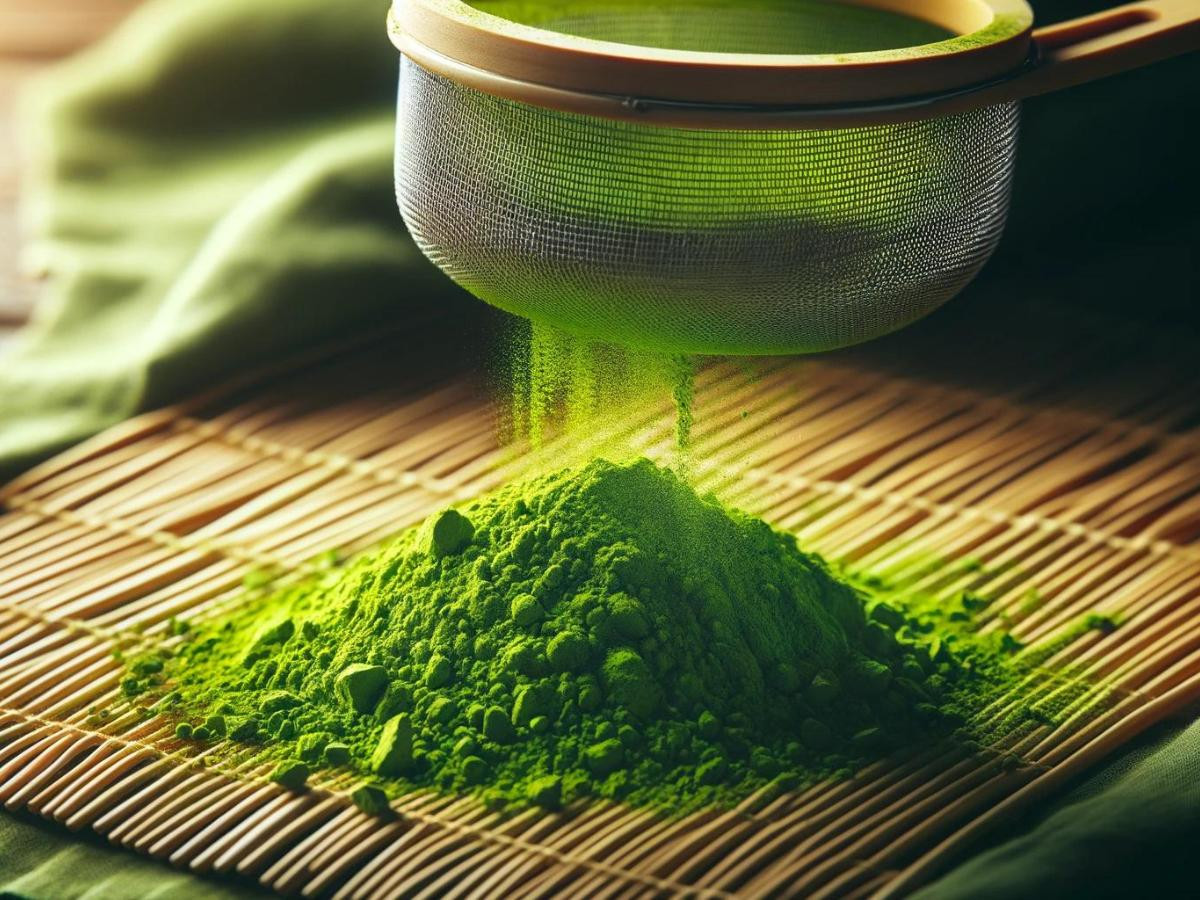
Born in Japan, matcha is made of green tea leaves ground into a fine powder. Unlike regular green tea, where the leaves are infused and then removed, you’re drinking the whole leaf with matcha.
Yep, you’re getting all the leafy goodness in every sip.
Why All the Hype?
Rich in Antioxidants: Matcha is a powerhouse of antioxidants, your body’s BFFs, fighting off damage from harmful molecules.
Caffeine Kick: Matcha has caffeine, but not like coffee. Thanks to an amino acid called L-theanine, matcha releases its caffeine hit slowly and steadily, giving you energy without the jitters of other caffeinated drinks.
Mood Booster: Matcha contains the amino acid L-theanine, which promotes relaxation without drowsiness.
A Cup of History

Matcha isn’t some trendy new discovery. It’s been a staple in Japanese tea ceremonies for centuries, cherished for its health benefits and spiritual significance.
Preparing and consuming matcha is an art form, a ritual that celebrates mindfulness and respect.
From Ceremonies to Smoothies
Today, matcha has taken the world by storm, making its way into smoothies, lattes, desserts, and, yes, even our beauty products.
Its vibrant green color and unique flavor profile have captured health enthusiasts and foodies’ hearts (and taste buds).
The Gut Health Connection
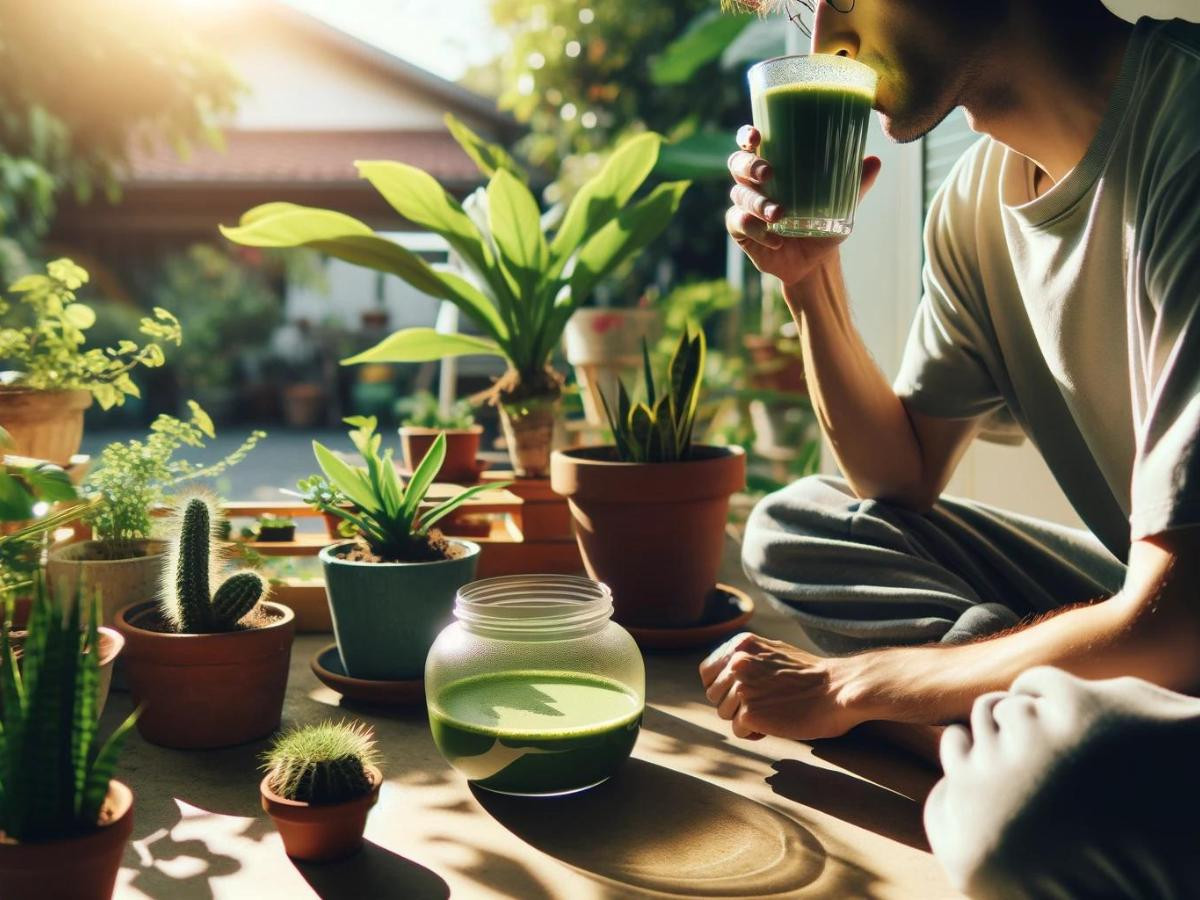
Now that we’re all matcha experts, let’s talk about something a bit more personal: gut health. It’s a big deal, affecting everything from our mood to our immune system.
Why Gut Health Matters
Digestion: It’s not just about avoiding stomach aches. Good gut health means your body can absorb nutrients better.
Immune System: A large part of our immune system is in our gut. Treat it right, and you’re less likely to get sick.
Mood and Energy: Ever feel “off” when your stomach is upset? That’s because your gut is closely linked to your brain.
Matcha’s Role in Gut Health
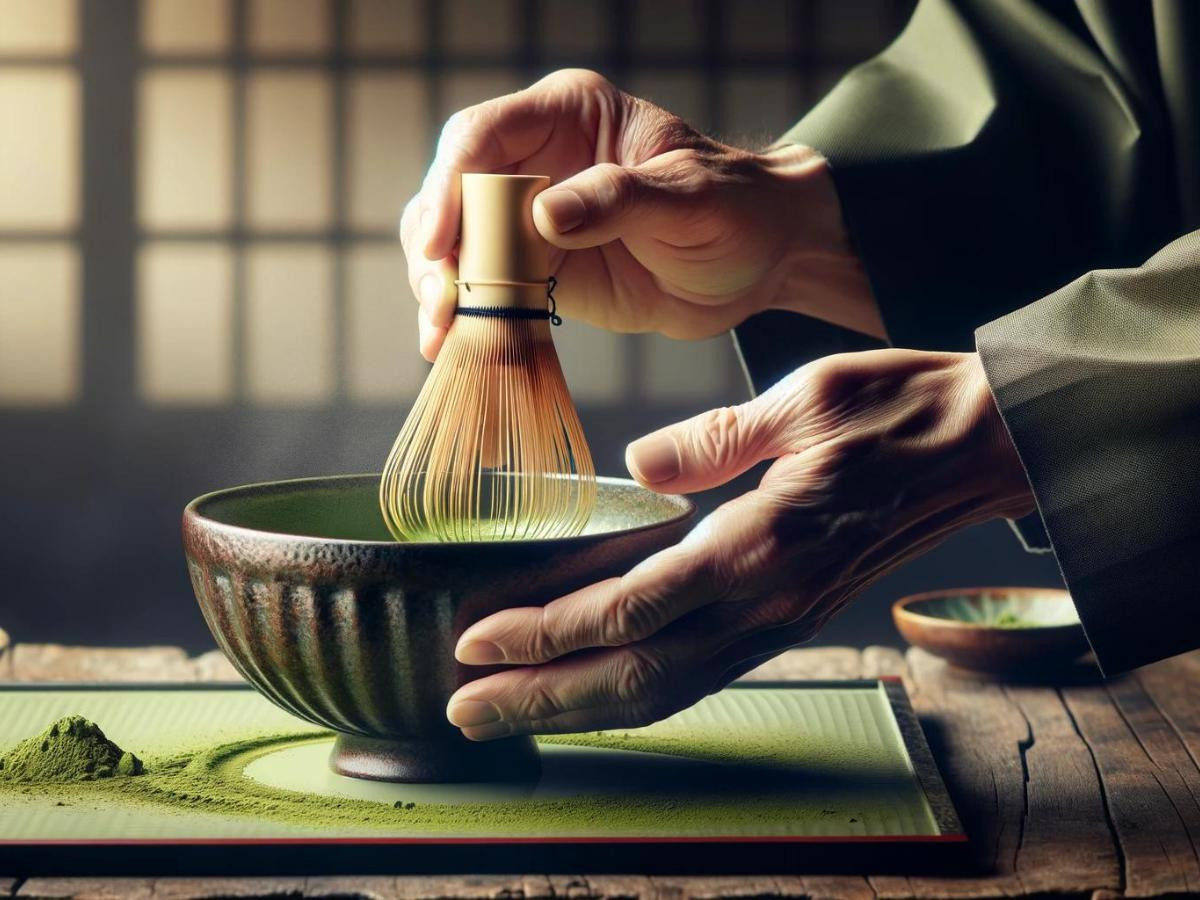
Fiber: Surprise! Matcha is a good source of dietary fiber. Remember, you’re consuming the whole leaf, so you get all the fibrous benefits, helping keep things moving smoothly in your digestive tract.
Antioxidants: The antioxidants in matcha don’t just fight free radicals; they also support a healthy gut by reducing inflammation.
A Gut Feeling
So, why does matcha seem to help with digestion and regularity? It’s likely a combination of its fiber content and the gentle nudge from caffeine.
Unlike drinking coffee, which can sometimes feel like a bulldozer to your digestive system, matcha’s caffeine is more like a friendly push. The antioxidants and amino acids support overall gut health, making a happier belly.
Matcha as a Natural Laxative

Alright, it’s time to address the elephant in the room: matcha’s reputation as a natural laxative. Yes, we’re going there. If something as simple as a cup of matcha green tea can help keep things moving, I’m all for it.
The Laxative Lowdown
Caffeine Content: Matcha contains caffeine, a known stimulant that can increase bowel movements. But it’s not just about making you go; it’s about smoothing the process.
Fiber Factor: We touched on this earlier, but it’s worth repeating. The fiber in matcha helps bulk up your stool, making it easier to pass. Think of it as a gentle push rather than a forced shove.
Antioxidants Aplenty: These aren’t just good for fighting off cell damage; they also help reduce inflammation in the gut, which can improve overall digestion.
It’s All About Balance
Matcha green tea is potent, and a little goes a long way. Too much caffeine can lead to dehydration, which is counterproductive when trying to improve digestion. Aim for a cup a day and see how your body responds.
A Spoonful of Matcha Makes the Digestion Go Down

Incorporating matcha into your daily routine can be as simple as replacing your morning coffee or caffeinated beverage with a matcha latte or adding a teaspoon of matcha tea powder to your smoothie.
It’s not about overhauling your diet overnight but making small, sustainable changes that benefit your gut health.
Listen to Your Body
Some people might find matcha to be the digestive aid they’ve been looking for, while others might need to adjust their intake.
Precautions and Recommendations

Matcha is excellent because of its vibrant color, unique taste, and health benefits, but it’s best to stay moderate with it.
Moderation is Key
Caffeine Sensitivity: Matcha packs a punch in the caffeine department. Start with small amounts if you’re sensitive to caffeine or prone to jitters. One cup of matcha can have as much caffeine as a cup of coffee, so pace yourself.
Quality Matters: Not all matcha are created equal. Low-quality matcha can have contaminants or be less effective. Splurge a bit on high-grade matcha or matcha powder to ensure you get the good stuff for taste and health benefits.
Know Your Body
Individual Reactions: Everyone’s body reacts differently to dietary changes. While matcha might be a miracle worker for some, it could cause discomfort or not have the desired effect for others. Pay attention to how your body responds.
Health Conditions: If you have any medical conditions, especially those related to the heart or digestion, talk to your healthcare provider before making matcha a daily ritual. It’s always better to be safe and informed.
Starting Small
Ease Into It: If you’re new to matcha, don’t dive in headfirst. Start with a small serving and gradually increase it as your body gets used to the caffeine and fiber content.
Listen and Adjust: Your body will tell you what it needs. If you’re feeling off or not seeing the benefits you hoped for, don’t be afraid to adjust your intake or how you consume matcha.
Conclusion
As we journeyed through the green hills of matcha territory, we uncovered some truths about this celebrated beverage.
From its origins steeped in tradition to its modern-day status as a health and wellness staple, matcha is more than just a trendy drink—it’s a lifestyle choice that carries many benefits, especially for our digestive systems.
A Recap of the Green Goodness:
What Is Matcha? It’s not just any green tea. It’s a potent, finely ground powder packed with antioxidants. It offers a unique blend of caffeine and L-theanine for a smooth energy boost without the jitters.
Gut Health Connection: Matcha isn’t just soothing to sip; it’s also kind to your gut. Its fiber content and gentle caffeine push can promote regularity and support overall digestive health.
Natural Laxative Qualities: When you need extra help staying regular, matcha can be a gentle, natural option, thanks to its balanced combination of fiber, caffeine, and antioxidants.
Precautions and Recommendations: While matcha can be a fantastic addition to your diet, it’s important to enjoy it responsibly. Start small, listen to your body, and choose quality over quantity to ensure the best experience.
FAQ and Additional Information:
Does matcha have a laxative effect?
Yes, matcha can have a laxative effect. This is due to its combination of caffeine, which stimulates the digestive system, and dietary fiber, which helps to regulate bowel movements.
However, the effect is generally mild and can positively affect digestive health when consumed in moderation.
Does matcha clean your gut?
Yes, matcha can help clean your gut. Its high antioxidant content, particularly catechins, can support gut health by reducing inflammation and promoting the growth of good bacteria.
The fiber in matcha also aids in digestion and helps maintain regular bowel movements, contributing to a healthier gut environment.
Is it bad if I drink matcha everyday?
Drinking matcha daily is generally considered safe and beneficial due to its high antioxidant content and other health-promoting properties.
However, due to its caffeine content, it’s important to consume it in moderation and be mindful of any personal sensitivity to caffeine.

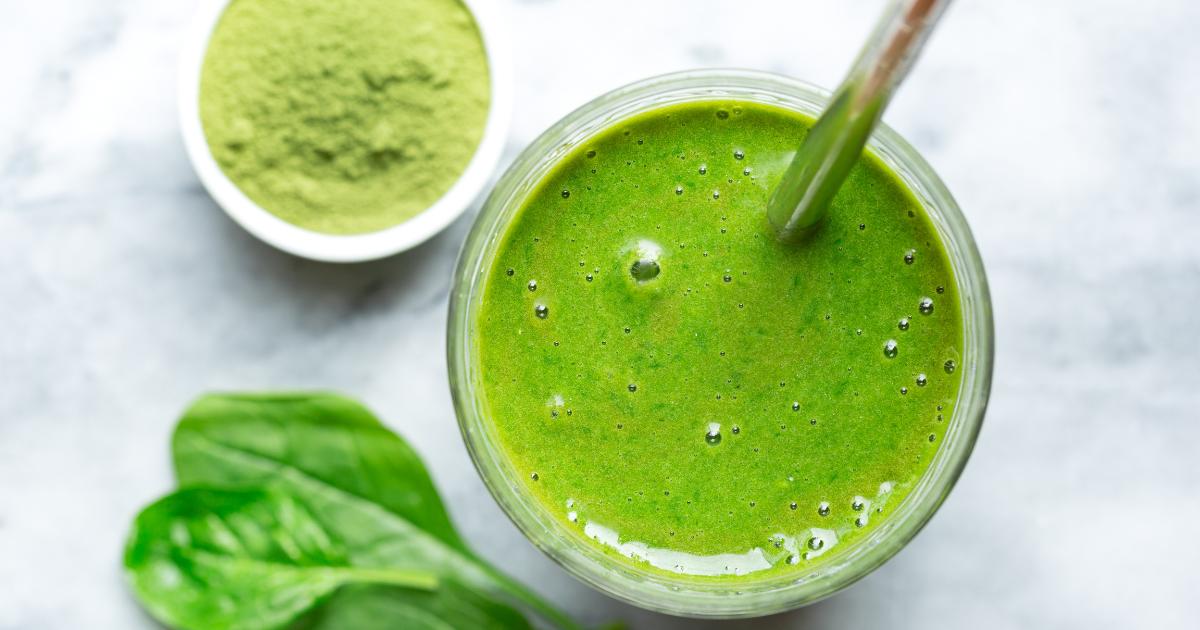
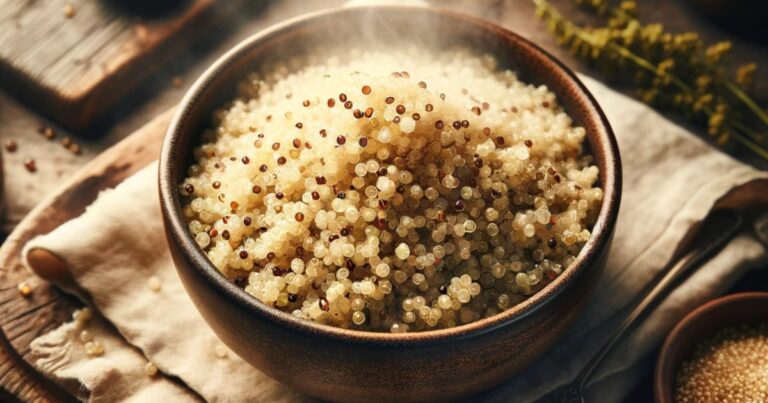
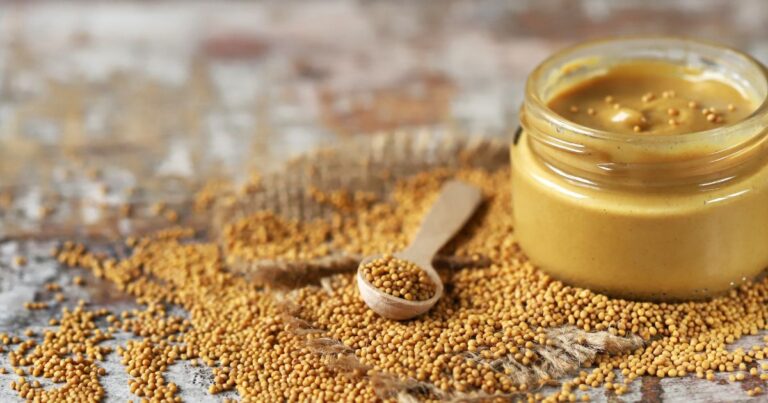
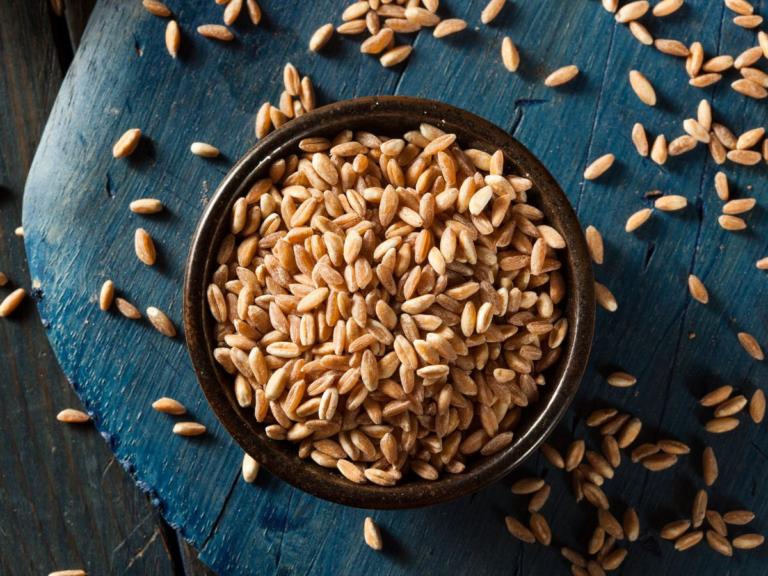
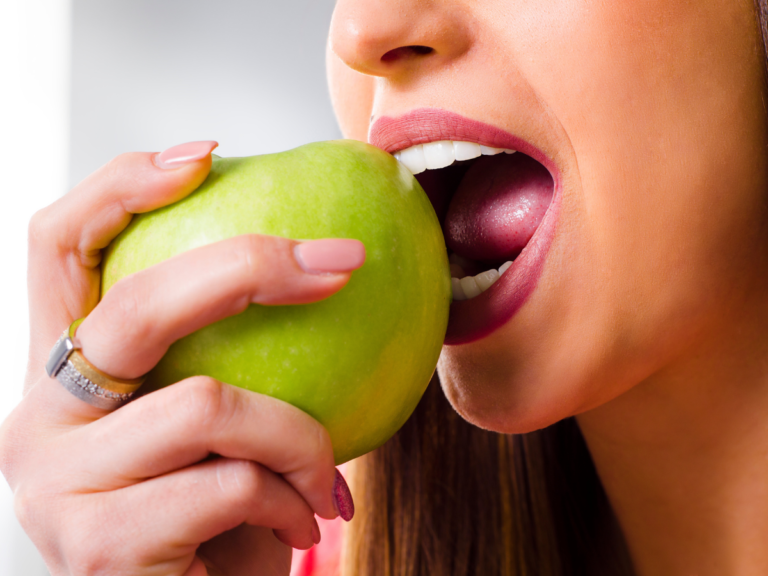

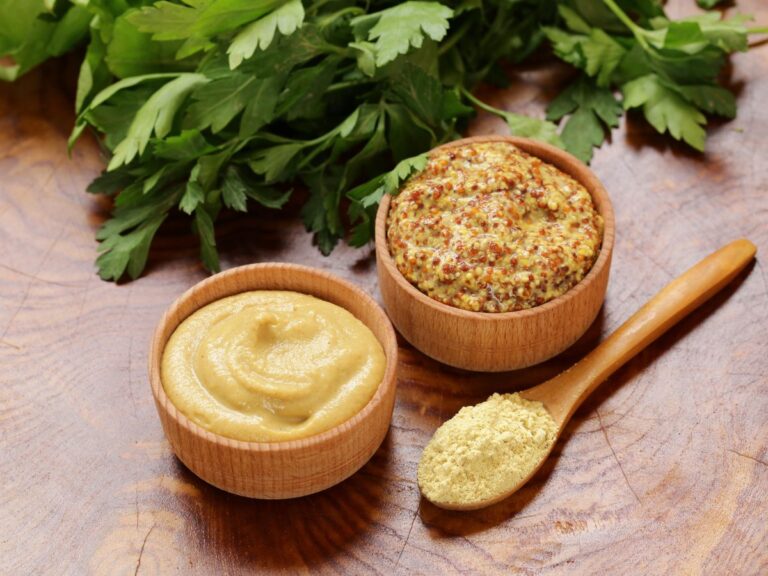
One Comment